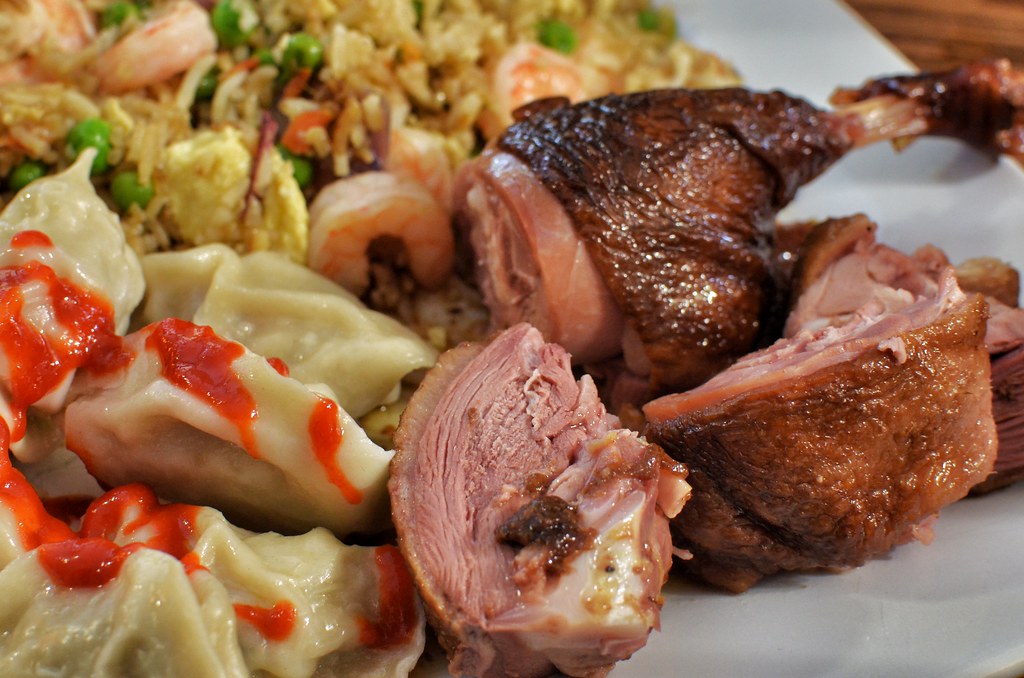Choosing a name for your newborn can feel like sculpting the cornerstone of their identity. It’s a delightful yet daunting task that parents approach with a mix of excitement and trepidation. After all, a name can be a reflection of heritage, a nod to tradition, or a beacon of individuality. In the lush landscape of baby naming, one trend has taken root with particular charm: naming children after elements of nature, specifically flowers and herbs. This practice has blossomed into a beloved convention, with names like Rose, Jasmine, and Sage adorning birth certificates with the same frequency as daisies adorn springtime meadows.

The Charm of Floral Names
The allure of floral names is hardly a mystery. They evoke beauty, growth, and the delicate balance of nature. They whisper tales of gardens bathed in sunlight and meadows kissed by the morning dew. For our family, the floral theme emerged as naturally as the flowers themselves. Our first daughter, Lilly, was named after a cherished family surname, and as our family garden grew, so did the bouquet of names: Dahlia and Poppy joined, each name carefully chosen to complement the other, like flowers in a well-tended garden.
The decision to name our daughters after flowers wasn’t part of an initial grand plan. It was a seed that germinated organically, and before we knew it, we were the proud parents of a floral trio. The names Lilly, Dahlia, and Poppy not only harmonize with each other but also carry a personal significance that blooms with every mention. They have become more than just names; they are symbols of our family’s love for nature and each other.
The beauty of a name theme is that it can grow and adapt. Had we welcomed a boy into our family, we were prepared to branch out into the broader theme of nature, with the rugged and endearing name Bear at the ready. While we ultimately didn’t have the opportunity to use it, the idea of a nature-themed name for a boy remains a testament to the versatility and creativity that naming a child can inspire.
Our daughters have embraced their floral names with a passion that extends beyond mere identity. They have cultivated an interest in gardening, eager to plant and nurture the flowers they share their names with. This love for horticulture has been encouraged by family members who have also caught the gardening bug, creating a shared hobby that strengthens our family bonds.
The positive reception to our daughters’ names has been overwhelming. Strangers and friends alike are charmed by the garden of names we’ve cultivated. They suggest other flower names, share stories of their own thematic naming adventures, and express delight at the cohesiveness of our choices. It’s a conversation starter, a source of pride, and a constant reminder of the thoughtfulness that went into each selection.
The trend of naming children after flowers and herbs is a testament to the timeless appeal of nature. It’s a practice steeped in tradition, yet fresh and modern in its application. It’s a way to connect our children to the natural world, to instill in them an appreciation for the beauty that surrounds us, and to give them a name that’s as unique and vibrant as they are.
As we watch our daughters grow, we see the qualities of their namesake flowers reflected in their personalities. Lilly, with her strong and elegant presence; Dahlia, with her vibrant and dynamic spirit; Poppy, with her bright and cheerful disposition. Their names are a perfect fit, not just with each other, but with the girls themselves. It’s a joy to witness the ways in which their names have become an integral part of who they are.
The decision to name your child is a deeply personal one. Whether you choose a name that’s traditional, modern, or inspired by the natural world, the most important thing is that it resonates with you and your family. A name is a gift that your child will carry with them throughout their life, so choose one that will continue to inspire and delight them as they blossom into the person they’re meant to be.
The Trend of Naming with Food and Produce
Diving into the world of baby names is like wandering through a farmer’s market of the imagination, where each name is a different hue, texture, and flavor. The trend of naming children after flowers and herbs has been a delightful stroll through a fragrant garden, but what happens when we venture into the more avant-garde orchard of fruits and vegetables? It’s a juicy topic that’s ripe for discussion, and I’m here to peel back the layers.
The rise in popularity of names like Kale, Kiwi, Maple, and Clementine is a fascinating phenomenon. It’s as if the produce aisle has become the new muse for modern parents seeking a fresh twist on naming conventions. These names are not just whimsical choices; they’re reflections of a society increasingly focused on health, nature, and perhaps a dash of culinary flair. The modern obsession with diets like keto, paleo, and clean eating has spilled over into the realm of baby names, seasoning the traditional name pool with a zestier variety.
Take Kale, for instance, with its 35% rise in popularity. It’s a name that’s as robust and hearty as the leafy green itself. Kiwi, up by 40%, is zesty and exotic, evoking images of far-off New Zealand landscapes and the tangy sweetness of the fruit. Maple, with a 32% increase, suggests the warmth of autumn and the richness of syrup harvested from the majestic maple tree. And Clementine, up 15%, is as sweet and endearing as the winter citrus it represents.
Why stop at the more commonly known produce? The world of herbs and spices has also opened its pantry doors to the naming game. Saffron and Rosemary are aromatic choices for girls, while Sage offers a wise and earthy option for boys. These names carry with them the essence of the plants they represent, infusing a child’s identity with a sense of natural sophistication and groundedness.
The KFC run Baby Harland Naming Contest is a testament to the power of branding in the naming process. The winners named their child Harland Rose, after Colonel Harland Sanders, and were rewarded with $11,000 worth of college tuition. It’s a quirky story that highlights how names can carry not just personal meaning but also a certain cachet, whether it’s tied to a brand or a beloved figure.
Let’s not forget the more peculiar picks that have sprouted up. Ambrosia, meaning ‘food of the Gods’, and Brie, named after a French cheese, are just a couple of examples. For boys, names like Dijon and Alfredo add a certain continental flair. These names are bold, perhaps even daring, but they also carry with them a sense of identity that is undeniably unique.
The case of the French couple who attempted to name their daughter Nutella is a cautionary tale. While creativity in naming is to be celebrated, it’s also important to consider the potential for ‘mockery and unpleasant remarks’. The judge’s decision to opt for Ella instead was a compromise that maintained individuality without overstepping into territory that might be burdensome for the child.
As we look at the broader landscape of unusual names, it’s clear that the trend is not limited to the edible. Names like Moxxi, Trigger, Jackmason, and Wizdom are part of a growing movement towards highly individualistic and distinctive names. In Scotland, names like Daquiri, Hiya, Reem, and Godtreasure have made their way onto birth certificates, and some parents have even chosen to name their children with a single letter, like ‘M’ or ‘T’.
The question remains: what’s in a name? For some, it’s about tradition and heritage. For others, it’s about individuality and distinction. And for a growing number, it’s about capturing a love for something tangible and delightful—like the taste of a favorite food or the scent of a cherished spice.
Remember the buzz around Gwyneth Paltrow and Chris Martin naming their child Apple? It was a choice that seemed outlandish at the time but has since become a part of the larger conversation about unique baby names. Apple is cute, memorable, and has a crispness to it that’s hard to ignore. It’s a name that’s both a nod to nature and a wink to the unconventional.
Why not? If we can name our children after the stars in the sky or the flowers in the field, why not after the foods that nourish us? The names inspired by food are a celebration of the everyday joys, the flavors and experiences that make life rich. From Rye to Plum, Java to Lemon, each name is a slice of life’s grand banquet.
Whether you’re considering naming your little one after a fruit, a vegetable, or even a five-course meal, remember that the name you choose is a reflection of your love and hopes for your child. It’s a decision that’s as personal as it is profound, and it’s one that will flavor your child’s journey through life.
Whether you opt for a name that’s steeped in tradition or one that’s fresh from the garden, the key is to pick a name that resonates with your family’s values and vision. After all, a name is not just a label; it’s a story, a song, a whisper of who your child is and who they might become. So go ahead, peruse the menu of possibilities, and select a name that’s as deliciously unique as your little one.
Related posts:
So, They Are All Named After Flowers?
People Are Out Here Naming Their Babies After Food Again
57 Baby Names Inspired by Food





